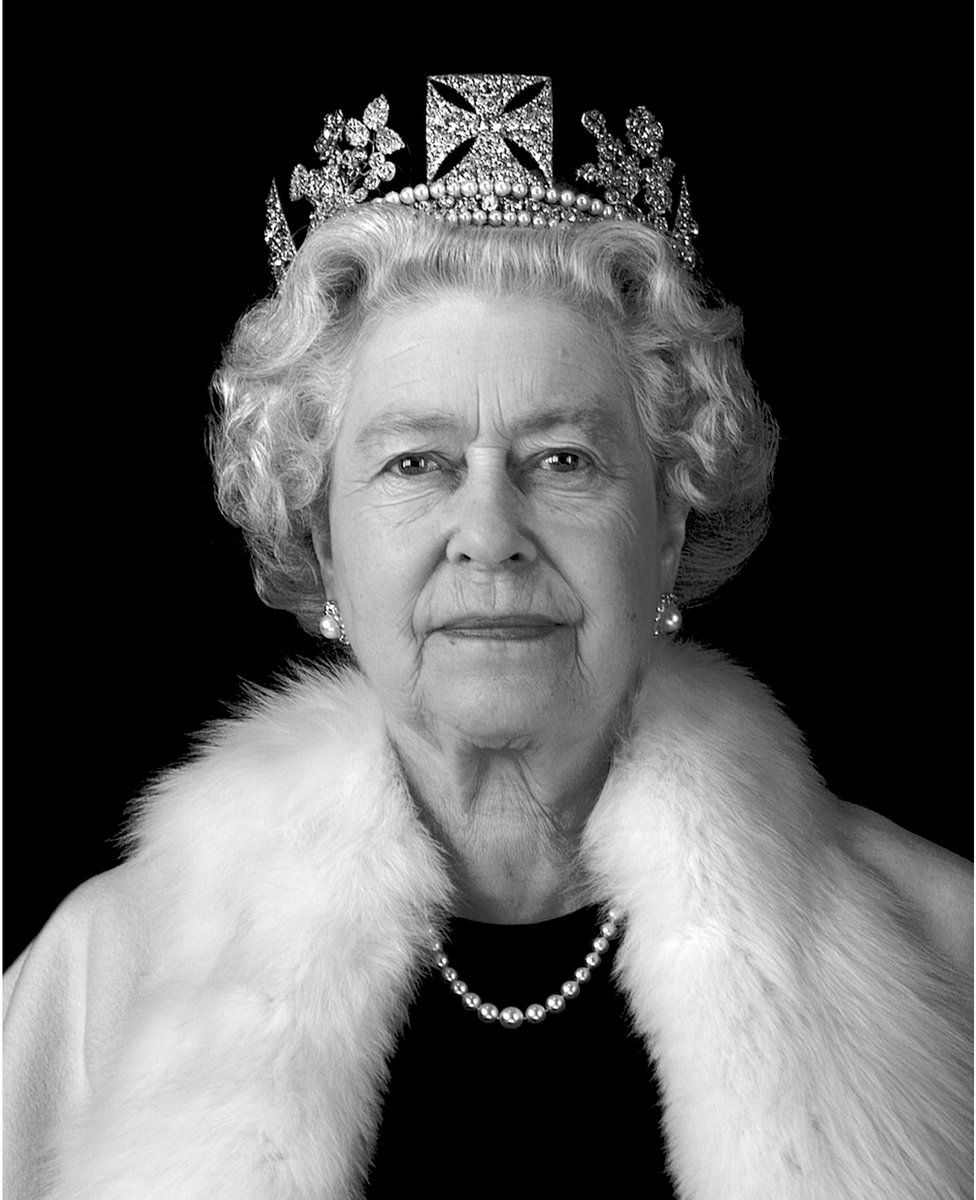
A curious and liberal woman for her time, Elizabeth Windsor, who became Elizabeth II, stood out for her insignificance. She pulled off the ultimate feat and took the whole of the United Kingdom with her.
Fareed Zakaria, the political columnist for the Washington Post and CNN, believes that the most striking aspect of Elizabeth II’s 70-year reign has been her “iron determination to be boring.”
We don’t know her opinion on anything; nothing about what she thinks of Donald Trump or Barack Obama. She will have been, Zakaria adds, an anomaly in “our confessional age where we post every idea, urge and impulse that pops into our hearts.” This unassuming role is a reflection of what the United Kingdom has become over the past seven decades.
Much Smaller, Great Britain
Elizabeth II began her reign at a time when the winds of decolonization were rising: from Ghana in 1957 to Brunei in 1984, 39 countries gained independence from the United Kingdom. At the same time, the Commonwealth was growing, but London never again had the same authority.
The “City” remains one of the world’s great financiers. And yet, this air of prestige has been tainted by Brexit, which has scared off a number of investors. The famous Brexit has also contributed to the shrinking of the British ascendancy, removing it from the European Union and the political and economic weight of its 447 million citizens and consumers.
The British army maintains its prestige, notably thanks to its nuclear arsenal. Her Majesty’s soldiers still operate here and there, including an arduous and heroic eight-year mission in Helmand Province, Afghanistan.
In the 21st century, however, the Tommies have become, without malice, the lackeys of the American forces. Washington frequently points out its commitment to the British side to assert that it has not embarked, alone and unilaterally, on a new military adventure. Shame on anyone who thinks badly of it!
A Bipolar World
The United Kingdom is becoming less and less significant, not only because of decolonization and its political choices, but as a result of the reorganization of the world and its superpowers: during the Cold War, the United States and the Soviet Union; today, the same United States, this time facing China.
A few individuals succeed, for a time, in bringing out a surplus of influence in their country: Charles de Gaulle had this impact on France in the 1960s and Vladimir Putin on Russia today. It doesn’t last.
And as a result, it is difficult for a middle power to distinguish itself. Except that, here in London at the moment, seeing the devotion of the English to this queen, modest and discreet, I’ve come to the conclusion that they liked what they saw of her and that they are at peace with what she did with her kingdom. They were plainly not asking for anything more.

Leave a Reply
You must be logged in to post a comment.